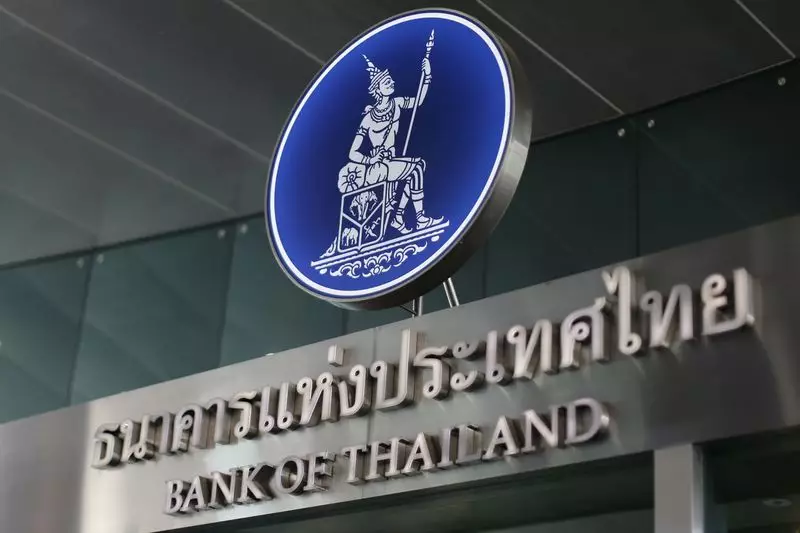Thailand’s economy is currently at a crossroads, grappling with low growth rates and diverging views on fiscal policies. Recent statements from Prime Minister Paetongtarn Shinawatra have ignited debates surrounding the independence of the Bank of Thailand (BOT) and its interaction with the finance ministry. This situation reflects a broader concern among policymakers about the balance between independent monetary policy and the need for cohesive economic strategies.
Central bank independence has traditionally been viewed as a cornerstone of stable economic governance. It provides a necessary check against political pressures that could lead to short-sighted economic decisions. However, Prime Minister Shinawatra’s comments framing this independence as an “obstacle” to growth raises questions about whether the current economic challenges warrant a reevaluation of this principle. Governor Sethaput Suthiwartnarueput of the BOT emphasized the importance of this independence coupled with accountability, highlighting a commitment to both stability and responsiveness.
The BOT recently maintained its key interest rate for the fifth consecutive meeting, a move that illustrates its cautious approach as it assesses the potential shifts in economic policies under the new administration. Governor Sethaput pointed out that the current rate is neutral, poised to adapt should there be significant changes in the economic forecast. This readiness reflects a proactive stance on the part of the central bank as it navigates an uncertain macroeconomic environment characterized by fiscal policy indecision.
Despite the administration’s best efforts, Thailand’s economic growth remains sluggish. With a reported growth of only 2.3% in the second quarter of the year, up from 1.6% in the previous quarter, there is a palpable sense of urgency among economists and policymakers. Analysts express that fiscal policy uncertainty is a significant deterrent to economic expansion. The BOT’s outlook, projecting a modest growth of 2.6% for the year, mirrors concerns about the broader economic environment, which has seen Thailand lag behind its regional peers.
With Prime Minister Shinawatra planning a review of key economic initiatives, including a major cash-handout program, the BOT’s flexibility and readiness to adapt its policy will be tested. The debates surrounding fiscal strategies and monetary policy could lead to shifts that either bolster or hinder economic stability. Balancing growth with prudent fiscal management is not merely a policy challenge but a critical necessity for the nation.
As Thailand looks ahead, the interplay between the central bank’s independence and the government’s economic strategies will be crucial. The BOT must navigate these challenges while remaining accountable and responsive to evolving economic conditions. The coming months will be pivotal in revealing whether collaborative efforts can steer Thailand towards a more robust economic future or if diverging views will create further complications.

